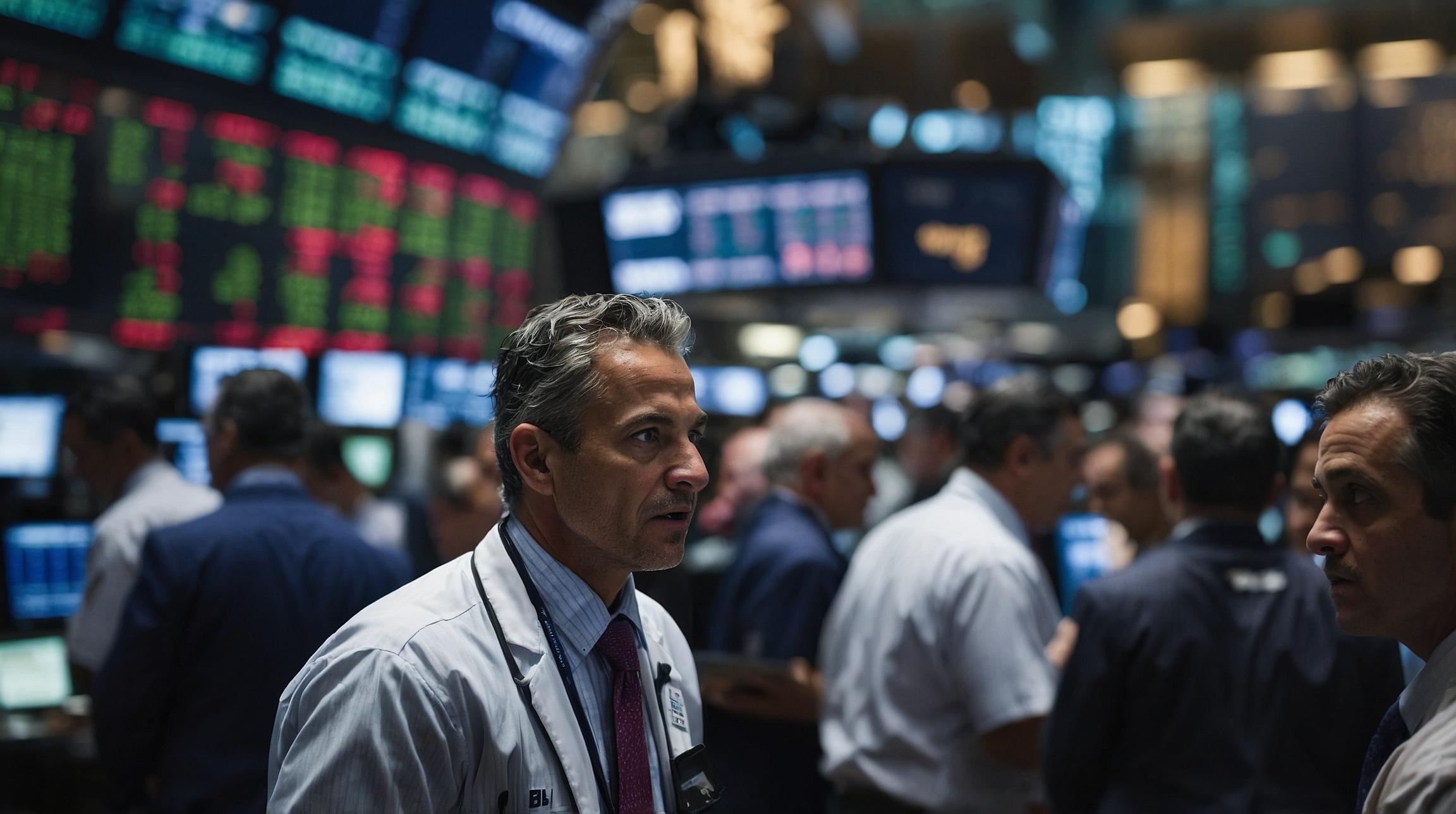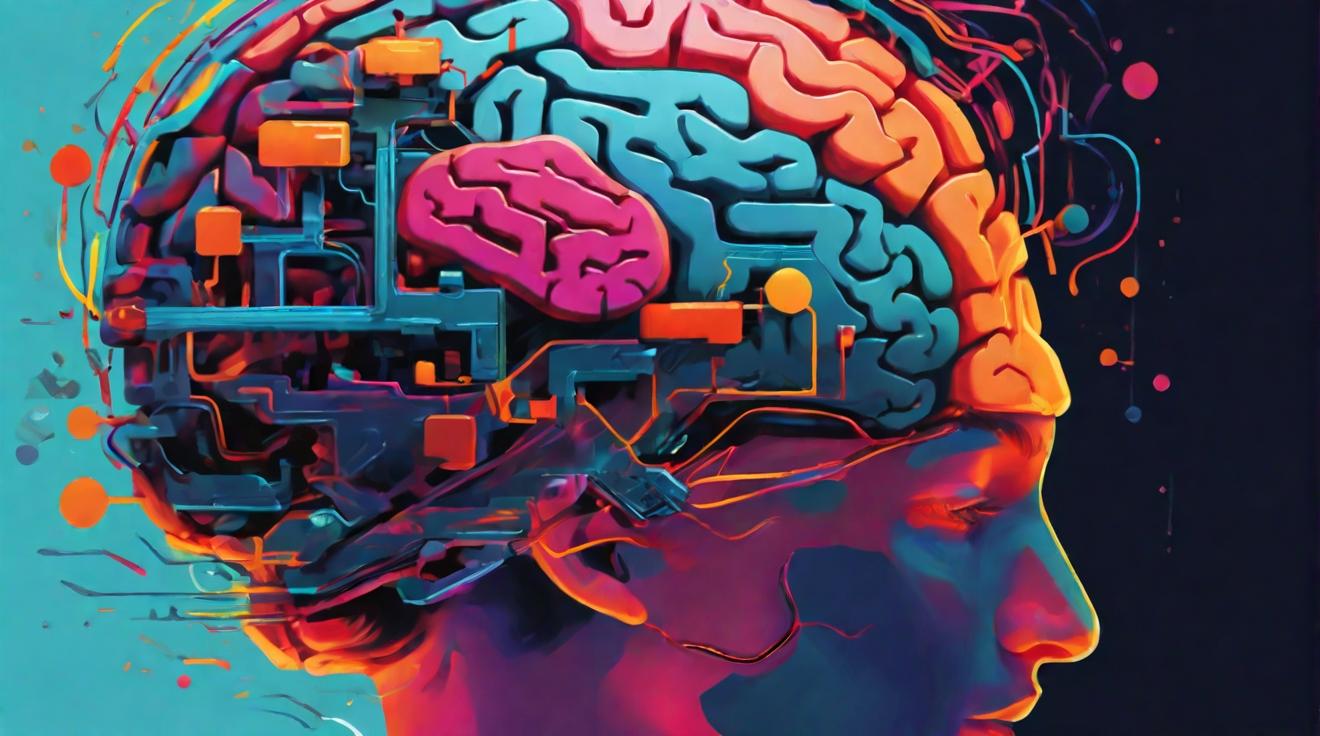The Role of Copyright in AI Development
Copyright law plays a crucial role in the development of artificial intelligence (AI) systems. AI models, such as OpenAI’s ChatGPT, heavily rely on vast amounts of training data to acquire language skills and generate coherent responses. This training data often includes copyrighted materials, such as news articles, forum comments, and digital images. However, adhering to copyright law when using such data is becoming increasingly challenging, according to OpenAI.
OpenAI’s Controversial Stance on Copyrighted Data
OpenAI recently made waves by asserting that it would be “impossible” to develop leading AI systems without using copyrighted data. The company argues that the vast majority of online content is protected by copyright, making it off-limits for training AI models if strict adherence to copyright law was followed. OpenAI’s practices have drawn the attention of media outlets, with lawsuits alleging copyright breaches. Despite these legal challenges, OpenAI shows no signs of dramatically altering its data collection and training processes.
Legal Battles Loom as AI Pushes Copyright Boundaries
As AI technology advances and AI systems become more capable of emulating human expression, legal battles around copyright infringement are expected to intensify. AI models like ChatGPT are designed to absorb and learn from massive amounts of protected text, media, and creative output. This raises questions about the boundaries of fair use and whether AI systems can be held accountable for copyright violations. The clash between AI development and copyright law is likely to lead to vigorous courtroom battles in the future.
OpenAI’s Defense: The Need for Broad Training Data
OpenAI justifies its reliance on copyrighted data by emphasizing the necessity of broad training data to create AI systems that meet the needs of today’s citizens. Limiting training data to public domain books and drawings from over a century ago would not provide AI systems with the necessary capabilities. OpenAI acknowledges the potential for partnerships and compensation schemes with publishers to support creators but does not indicate any plans to significantly restrict its access to copyrighted online content.
Implications of OpenAI’s Copyright Approach on Innovation
OpenAI’s approach to copyright raises important questions about the balance between protecting intellectual property and fostering innovation in the AI field. While safeguarding copyright is essential for creators, overly restrictive copyright enforcement may hinder AI development and limit societal benefits. Striking a balance that respects both copyright holders and AI developers’ needs for training data will be crucial for advancing AI technology while respecting intellectual property rights.
The debate surrounding AI and copyright will likely continue as AI technology progresses, and legal frameworks catch up with the implications of AI training on copyrighted data. It remains to be seen how courts, policymakers, and AI developers navigate these complex issues to shape the future of AI development while respecting copyright protections.
Analyst comment
Neutral news.
As AI technology progresses, legal battles and debates around copyright infringement are expected to intensify. OpenAI’s reliance on copyrighted data raises questions about fair use and accountability for copyright violations. Balancing the need for broad training data and respecting intellectual property rights will be crucial for AI development. The future of AI and copyright will depend on how courts, policymakers, and AI developers navigate these complex issues.













